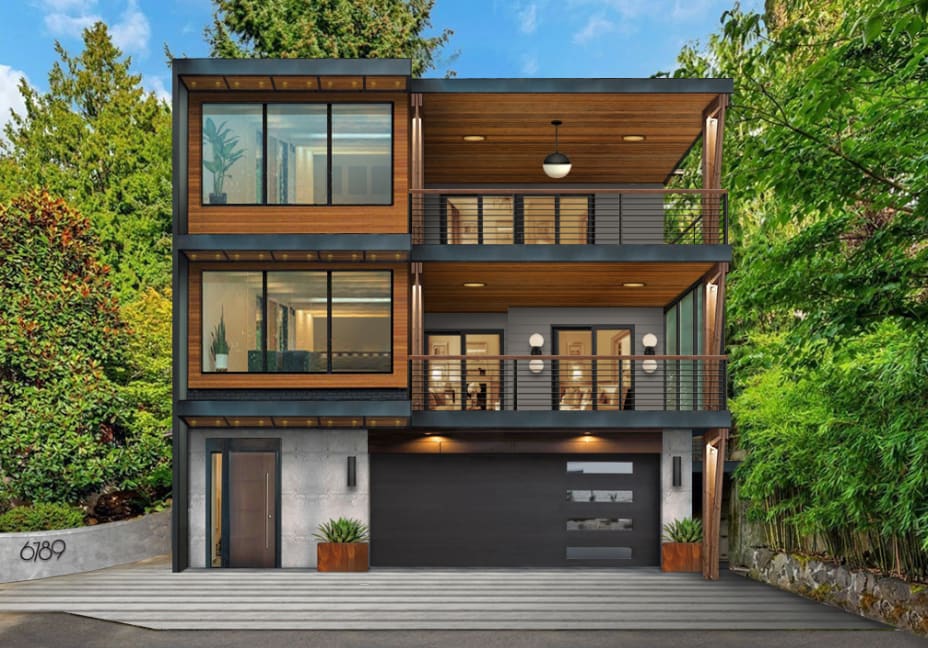Buying your first home is an exciting milestone, but it’s also a complex process with several financial considerations that extend beyond the initial purchase. While securing a mortgage and saving for a down payment and closing costs are top priorities, many first-time homebuyers are caught off guard by unexpected expenses after closing. To shed light on these often-overlooked costs, I spoke with first-time homeowners from various regions to share their experiences and insights.
One of the most surprising costs for new homeowners is the increase in property taxes. While all homeowners expect to pay these taxes, many are unaware of how significantly and quickly they can rise, especially in the first year of ownership. This increase is particularly stark in states like California and Florida, where property taxes are reassessed at the sale price. For instance, in St. Petersburg, Florida, one homeowner experienced a 26% increase in their property tax bill, a common scenario in areas where property values are rapidly appreciating. It’s crucial for buyers to use online tools to estimate future tax rates based on the sale price, although these are not always 100% accurate.
The costs associated with living in a condominium or a homeowners association (HOA) property can also be surprising. Monthly fees for maintenance and upkeep are expected, but special assessments for major repairs can arise unexpectedly, leading to significant additional expenses. For example, one couple faced a hefty special assessment for a major repair that the HOA’s regular budget couldn’t cover. Additionally, insurance premiums can increase due to incidents like water leaks in neighboring units. Prospective buyers should review the HOA’s financial standing and governing documents carefully and budget for gradual increases in fees.
Even homes marketed as ‘turnkey’ or recently renovated can require substantial repairs soon after purchase. One couple spent thousands repairing a newly renovated porch and replacing new but low-quality appliances. Another homeowner sets aside about $10,000 annually for renovations and still faces unexpected repairs, like a sudden water heater replacement that cost $2,000. A good practice is to save roughly 10% of the property value each year for maintenance and repairs, though more may be necessary depending on the home’s condition.
Understanding and preparing for these hidden costs is crucial for a smooth transition into homeownership. By budgeting for property tax increases, condo/HOA fees, and inevitable repairs, first-time buyers can better manage their finances and enjoy their new homes without unwelcome financial surprises.

